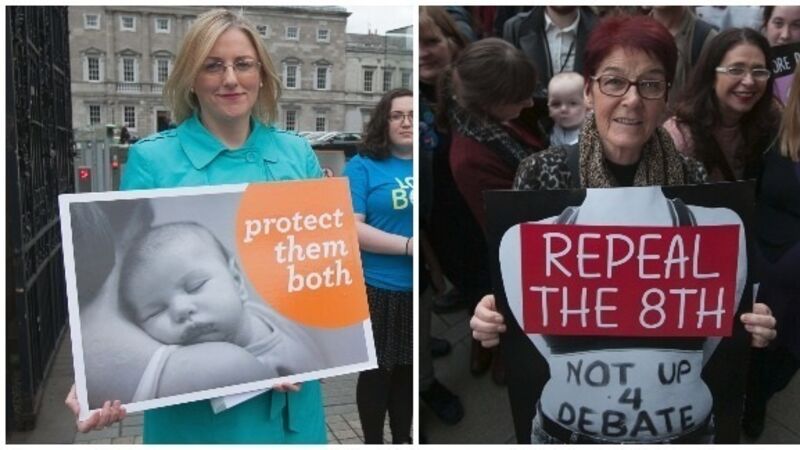Assembly on eighth amendment will scrutinise input of women who had abortions

The Citizens’ Assembly has heard a procession of voices during it’s discussions on the Eighth Amendment.
These have been expert voices — be they legal, medical, ethical. Tomorrow, for the first time, the voices of Irish women who have had abortions will be heard as they tell their own stories to the 99 citizens who represent us at the assembly.

















